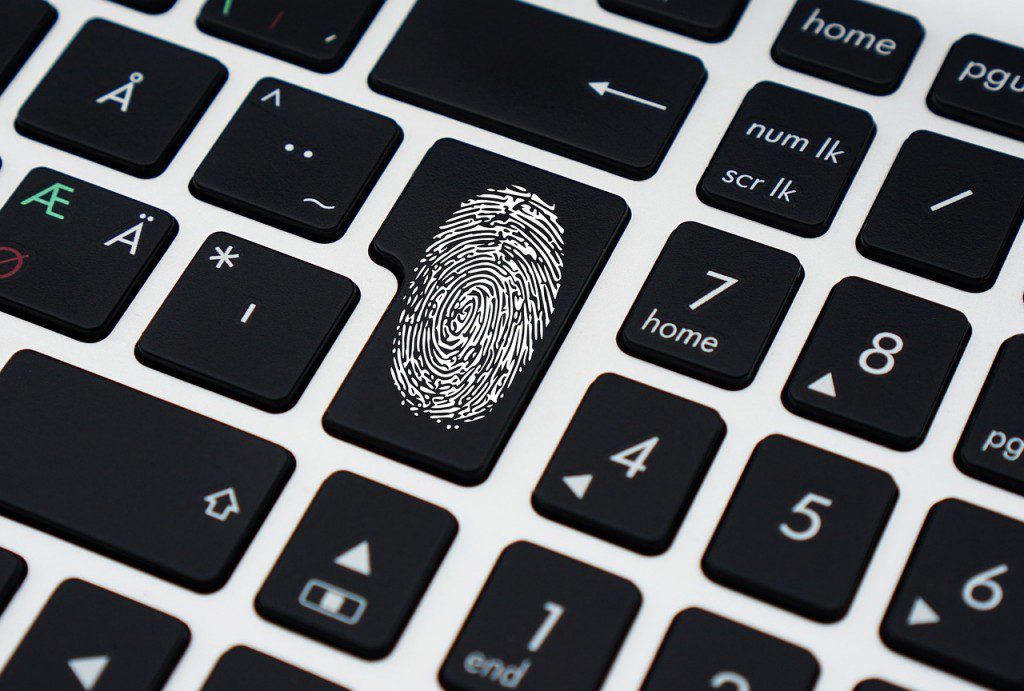
All of that went well, and I was notified that I had received tentative approval. My next step was to be interviewed in person at a US Customs office at the Chicago O’Hare airport, presenting them with several forms of identification. All of that went well until they tried to scan and record my fingerprints into their system. After several attempts, the Customs official (in a very official-looking uniform) announced that my fingerprints are not suitable for scanning. My fingerprints are basically so worn that they don’t record on the Customs scanning devices. So they had to manually mark my identify without my fingerprints. I received my Global Re-entry status, complete with ID card, but the official indicated that I will still be checked for my identity each time I go through Customs since I don’t have fingerprints in their system.
When I questioned how often this happens, the Customs officially replied hesitantly, “We see this sometimes with persons in your age category.” So, another reminder of getting older! The Customs official went on to declare, “The old-fashioned fingerprinting with ink would work just fine – but not these new electronic scanners.” So, once again, technology has a difficult time doing what used to be a simple process.
All of this has led me to wonder if I have lost my identity. Does not having adequate fingerprints mean I am any less sure of who I am? Of course not. But it is a bit disconcerting to think that some electronic systems cannot recognize or prove my identity.
Who am I, really? What is my true identity? I would offer these answers:
- I am a child of God, and that identity is never in doubt
- I am a husband, father, grandfather – and those relationships help define me
- I am baptized, and that confirms my identity as a member of the family of God
- I am a United Methodist, and I am proud to be a part of this great denomination
- I am ordained Elder, and that helps to confirm my specific ministry, even though I know that every baptized Christian is also called to ministry
- I am consecrated as a bishop, which is not a new ordination, but a consecration to a specific ministry as an Elder
- I am a US citizen, and that is important to me
- I am a citizen of the Kingdom of God, which is my ultimate citizenship
All of these various identities combine to help define who I am, even if I can’t “prove it” by my fingerprints. I believe that the way I live my life must be the real “proof” of my identity.
What is your identify? How do you define yourself? Who are you? Can you prove it?


 Mike Coyner is the retired bishop of the Indiana Area of the United Methodist Church. Reprinted from
Mike Coyner is the retired bishop of the Indiana Area of the United Methodist Church. Reprinted from 










